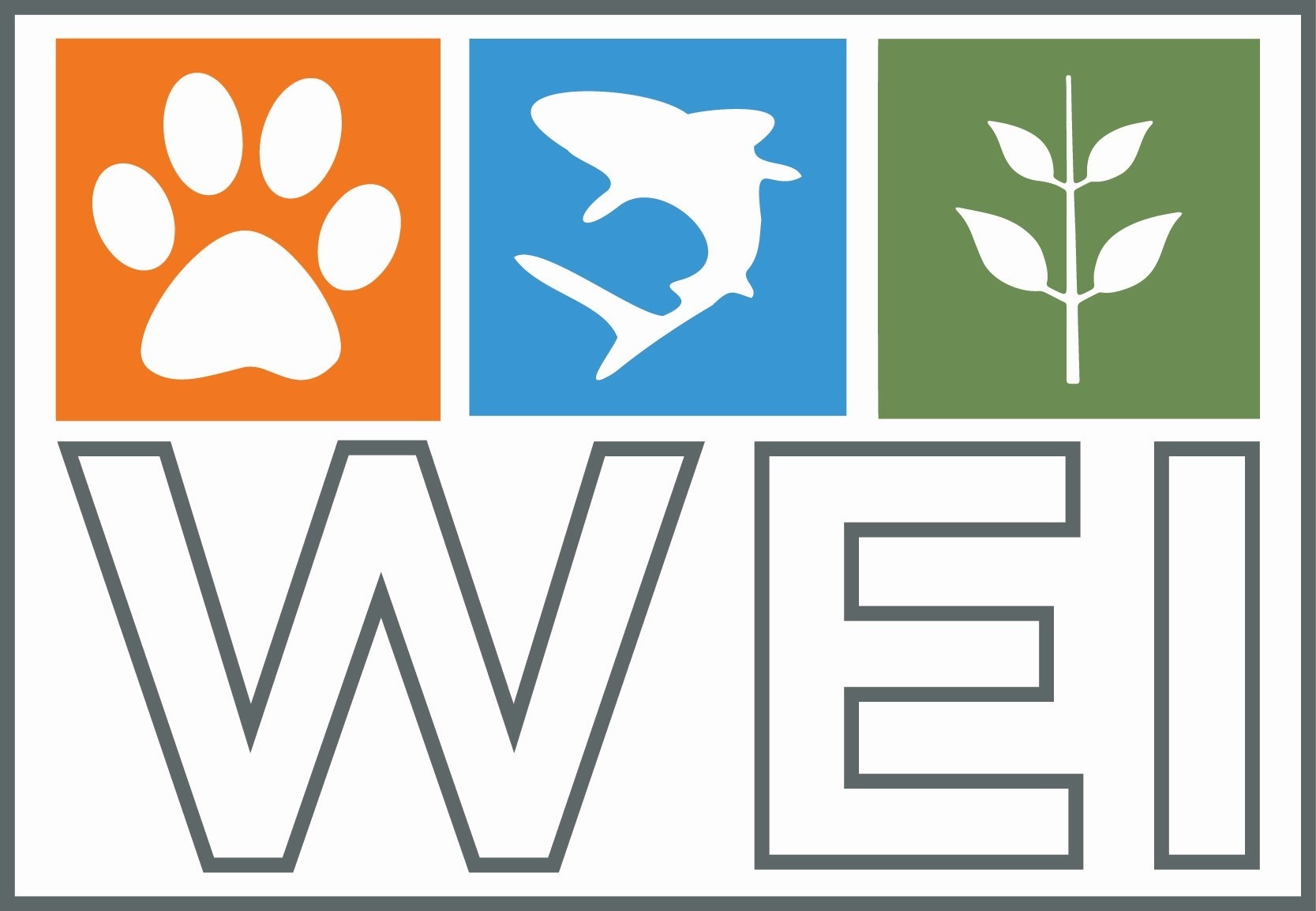Marine Data Bases and ID software for Potato Bass
Students at WEI’s marine ecology camp in Sodwana Bay not only receive first rate marine ecology training, but also get the opportunity to take part in the collection of citizen science data.
Citizen science is growing in popularity around the world, with more and more people taking an interest in being amateur naturalists and contributing to global conservation and research efforts.
Our main focus in Sodwana Bay is documenting the populations of three species of sea turtle: green (Chelonia mydas), hawksbill (Eretmochelys imbricata), and loggerhead (Caretta caretta) turtles. We have been recording sightings of individual turtles for almost a decade and we now contribute this data to the recently created global sea turtle identification database “The Internet of Turtles”.
We also collect data on the iconic potato bass, running a dedicated ID database on-site. We are currently working alongside Wild Me and another major international NPO to integrate potato bass into an online global database for all grouper species. This database is currently being developed, so watch this space!
This video is a brief overview by Rowan Watt-Pringle, Marine Ecologist of WEI, to show how we use the Intelligent Individual Identification System (I3S) software to identify potato bass (Epinephelus tukula) by their unique spot patterns.
Students may also be able to record sightings of whale sharks and manta rays for their respective global databases, while as part of their fish, invertebrate and coral species identification modules we encourage students to contribute marine sightings to the global biodiversity database iNaturalist, where citizen science sightings are regularly used to inform scientific studies.
Students can continue to use iNaturalist after leaving the project to upload sightings of any type of living organism from anywhere on the planet!


